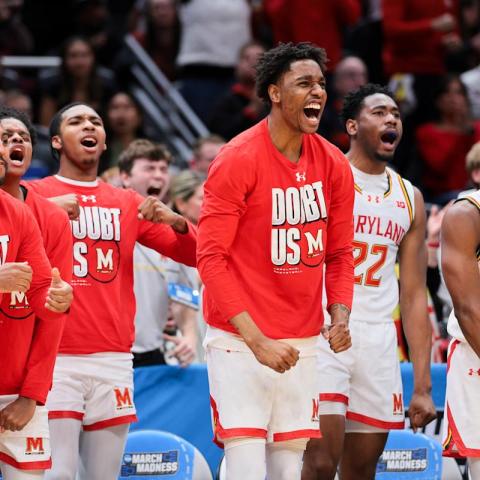Schools can now start paying their athletes directly, marking a big shift in college sports. This change comes after a significant legal settlement approved by Judge Claudia Wilken, resolving lawsuits that argued the NCAA limited athletes’ earning potential.
The settlement involves nearly $2.8 billion paid over ten years to athletes who played in college since 2016. Starting July 1, schools can pay their athletes up to around $20.5 million each year, with that amount increasing annually. This is in addition to scholarships and other benefits athletes already receive.
This decision is part of a broader trend to modernize college sports. Since 2021, athletes have been allowed to profit from their names, images, and likenesses through sponsorship deals. Some schools have relied on third-party businesses that organized substantial payments to athletes, especially in sports like football and basketball.
The Supreme Court reinforced this trend when it ruled against the NCAA in 2021, treating college athletics as a lucrative industry rather than purely an educational one. This led to more legal challenges, with ongoing discussions about whether athletes should be considered employees and how long they can participate in college sports.
NCAA President Charlie Baker believes this settlement can help universities regain control over their athletic programs. They hope federal lawmakers will step in to address unresolved issues, including athlete employment status and limitations on player payments. Such regulations are crucial, as schools worry that treating athletes as employees could jeopardize their financial stability.
As part of the new rules, any endorsements between boosters and athletes will be scrutinized to ensure they serve genuine business purposes, not just recruiting incentives. However, experts are skeptical about the effectiveness of these limits, suggesting they may lead to further legal disputes.
A new group, the College Sports Commission, is set to supervise these changes. This organization will monitor payments from schools and boosters, aiming for better regulation. People are also curious about the potential new CEO for this commission, with discussions around Bryan Seeley, an experienced MLB executive.
While this settlement is a landmark moment in college sports, it doesn’t resolve all challenges. The road ahead may be rocky as institutions navigate this new landscape, balancing fair compensation with the spirit of college athletics.
For more information on this settlement and its implications, you can read more here.





















